
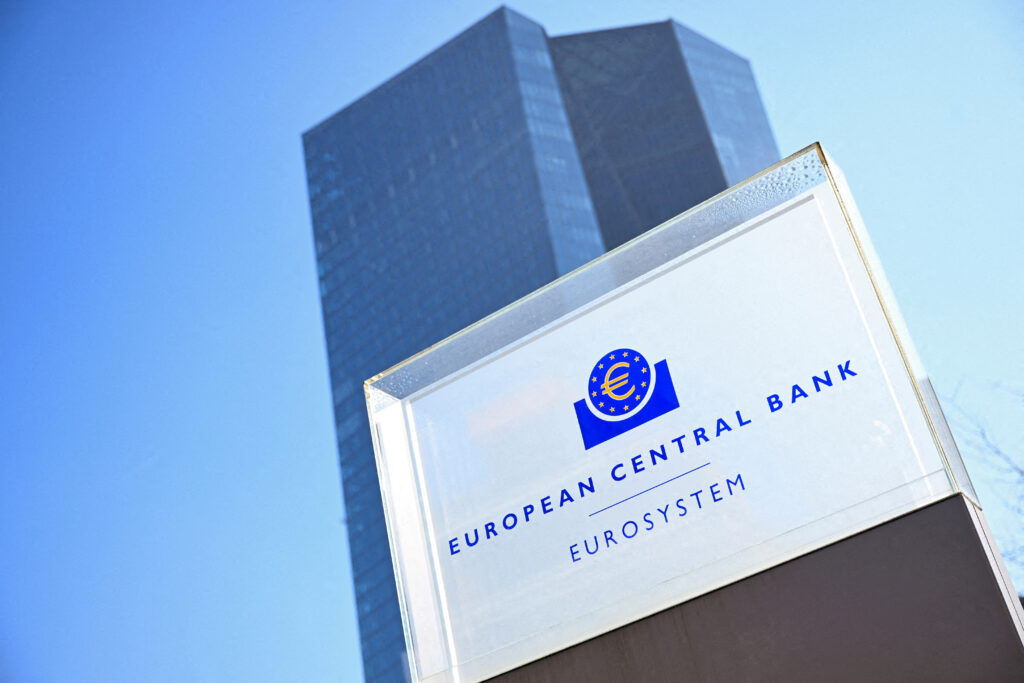
FRANKFURT (Reuters)
The European Central Bank (ECB) left interest rates unchanged on Thursday (July 24) after cutting eight times in a year, biding its time while Brussels and Washington try to negotiate a trade deal that could ease persistent uncertainty over tariffs.
Financial markets scaled back bets on future easing, however, as ECB president Christine Lagarde delivered what was viewed as an overall upbeat assessment of the region’s economic outlook.
The ECB cut its policy rate to two per cent last month, half its level of a year earlier, after taming a surge in prices that followed the end of the COVID-19 pandemic and Russia’s full-scale invasion of Ukraine in 2022.
With inflation now back at the ECB’s two per cenrt goal and expected to stay there, policymakers chose to stay put on Thursday, just as trade talks between the European Union and United States appeared to be in their final stretch. Reports have suggested a possible deal based on a 15 per cent tariff on US imports of EU goods.
“We are attentive to where the negotiations are heading (but) we take the news one day at a time,” Lagarde told a press conference.
“The sooner this trade uncertainty is resolved, the less uncertainty we will have to deal with and that will be welcomed by many economic actors including ourselves.”
While the White House has dismissed the reports as speculation, 15 per cent tariffs would be roughly halfway between the ECB’s baseline and severe scenarios for the euro zone economy, presented last month, but milder than Trump’s threatened 30 per cent.
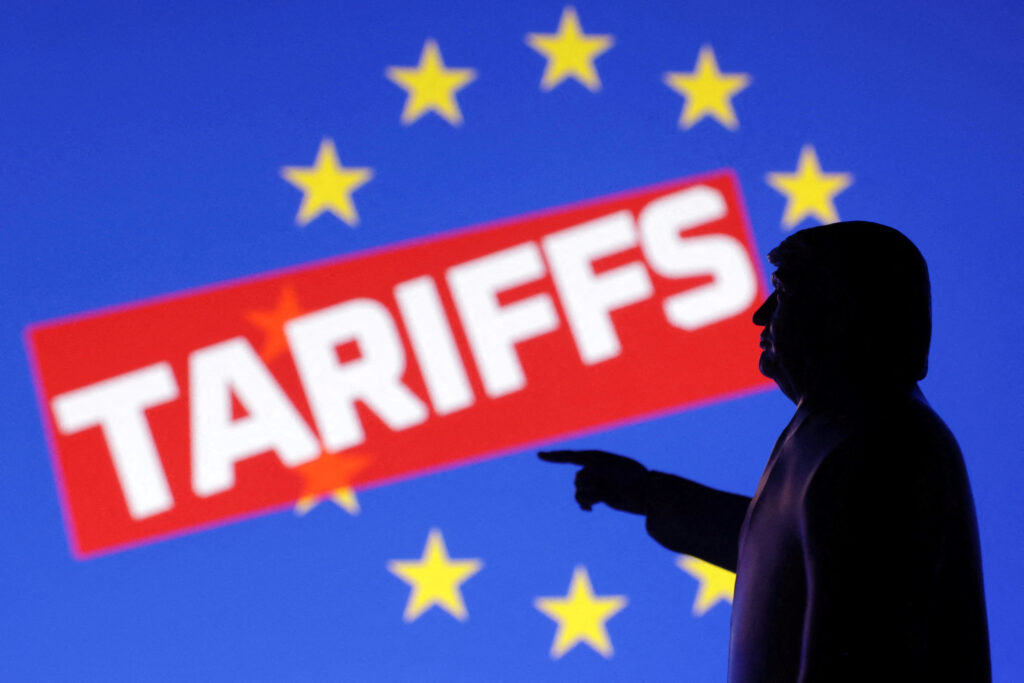
The ECB’s June estimate showed that higher US tariffs would result in lower growth and – depending on any EU retaliation – lower medium-term inflation in the euro zone.
Even the ECB’s baseline projection from June, which incorporates 10 per cent tariffs from the United States, saw price growth below two per cent over the next 18 months.
Lagarde acknowledged that scenario did include the possibility of a temporary undershooting of the inflation target but said it was not a cause for concern.
“We are in a good place because our projections point to inflation stabilising at targets in the medium term,” she said, noting that supply bottlenecks and trade disruption caused by tariffs could also emerge as inflationary.
That upbeat assessment pushed short-dated German bond yields to their largest daily rise in two months as traders took it as a signal that another series of rate cuts next year might be unlikely.
Underlining the uncertainty, economists commenting on the meeting’s outcome offered markedly divergent views on the way forward, with some seeing scope for further cuts and others suggesting the ECB’s next move could even be a hike.
The euro zone economy is showing some tentative signs of acceleration, but growth remains modest. Companies, while still optimistic about an upturn ahead, report starting to feel the pinch from tariffs on their profits.
On the bright side, euro zone banks have seen rising loan demand and policy uncertainty has not yet translated into an economic or market downturn.
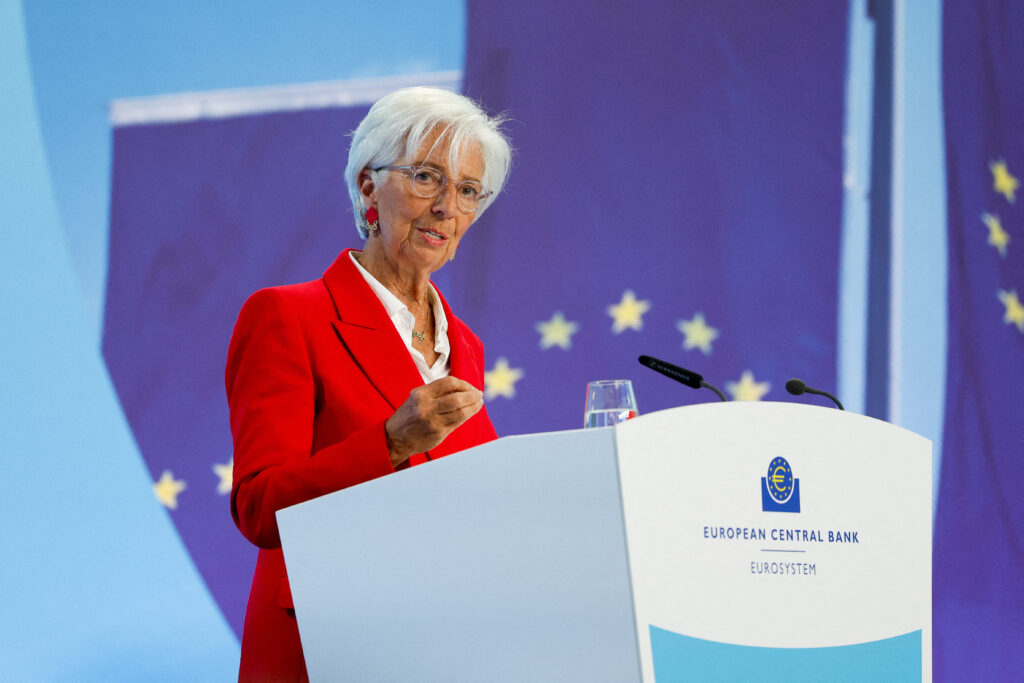
After a short-lived selloff in April, investors have taken the trade turmoil in their stride, with European equity indices close to new highs, thanks also to Germany’s newly found appetite for spending.
In fact, erratic policy-making in the United States, including Trump’s relentless criticism of Federal Reserve chair Jerome Powell, has lured foreign investors to eurozone assets. That briefly pushed the euro to its highest level against the dollar since September 2021 – $1.1829 – earlier this month.
ECB board member and outspoken hawk Isabel Schnabel has even said the central bank should watch out for price hikes caused by tariffs and that the bar for further cuts was “very high”.
But the euro’s appreciation has unnerved other policymakers, who fear a stronger currency would make European exports less competitive and contribute to pushing down inflation.
Lagarde on Thursday repeated the ECB’s official line that it monitors the exchange rate closely but does not target a level for the euro.

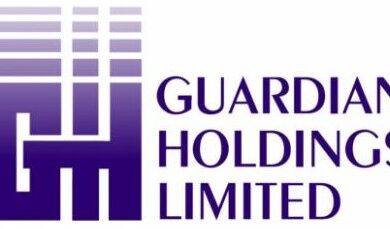

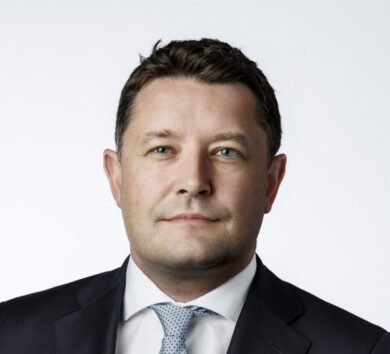


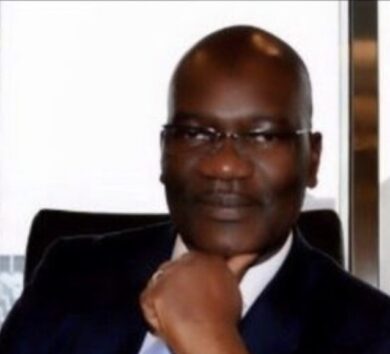
Comments